About us
Our network is
Vietnam, global
Century 21 was founded in 1971 in California, USA, and is a leading global real estate brokerage brand.
For over 50 years since its establishment,Century 21 has service points in 86 countries around the world, with more than 16,000 service points and has trained 169,000 excellent real estate agents. We possess the most macroscopic vision and the broadest future. With industry-unmatched high standards, we devote 121% of our passion and effort, committed to providing international quality services for every consumer with dreams of buying or selling a home.
We will demonstrate through concrete actions the unshakeable corporate value of Century 21 in the global tide.

Century 21 consistently achieves excellence, building a top global real estate brand
Joining Century 21
The world at your fingertips
Century 21 embodies over 50 years of real estate industry expertise, establishing itself as the world’s number one real estate franchise enterprise.
The Taiwan headquarters was established in 1997 with the aim of rooting in Taiwan while looking towards the Asia-Pacific region. Recognizing the future international influence of the ASEAN countries, planning began in 2001. By 2002, when it became the headquarters for both Taiwan and the Asia-Pacific region, efforts were actively made to expand Century 21 into ASEAN countries.
As the largest global real estate franchise brand, Century 21 offers the most comprehensive franchise planning, training and education, marketing resources, and various international support tools.
Reach new heights in your career by choosing to franchise with Century 21.
With your vision, shake the world.



Network
C21 Website
C21 RISE
C21 HUB
C21 Studio
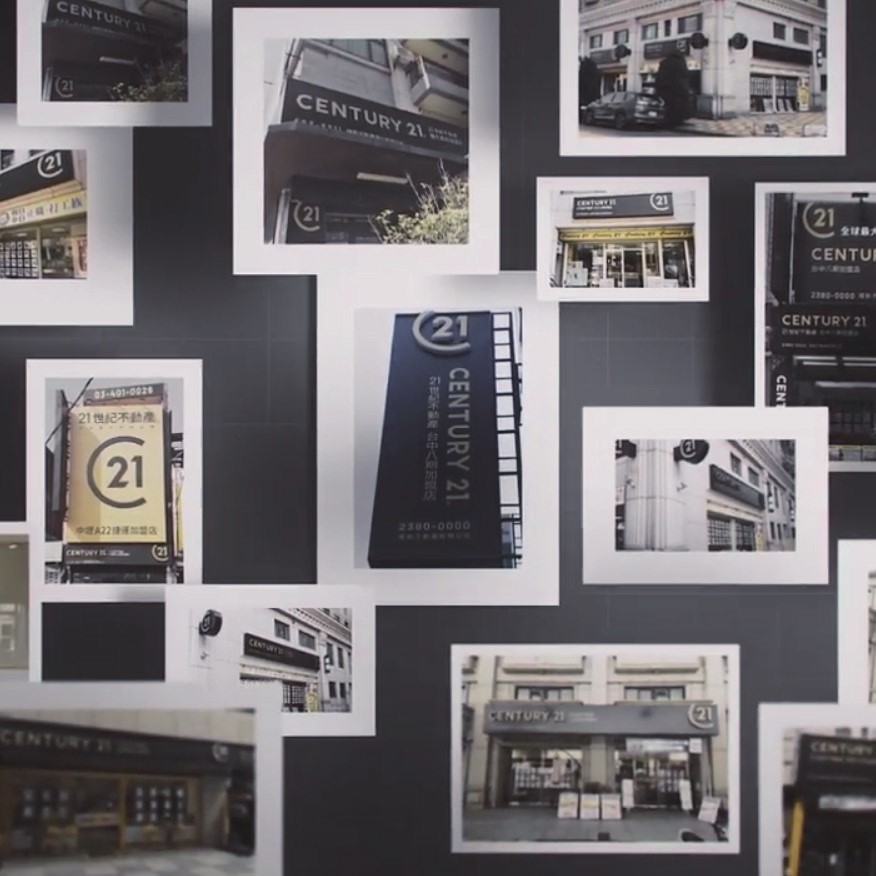

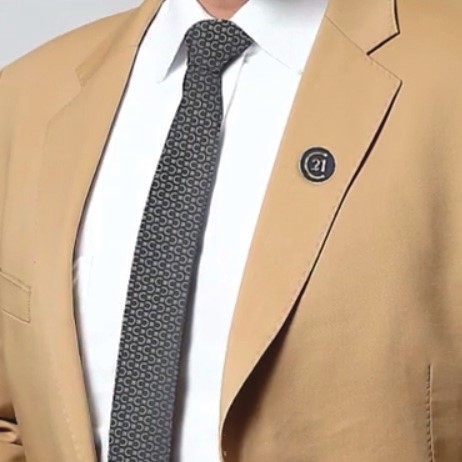
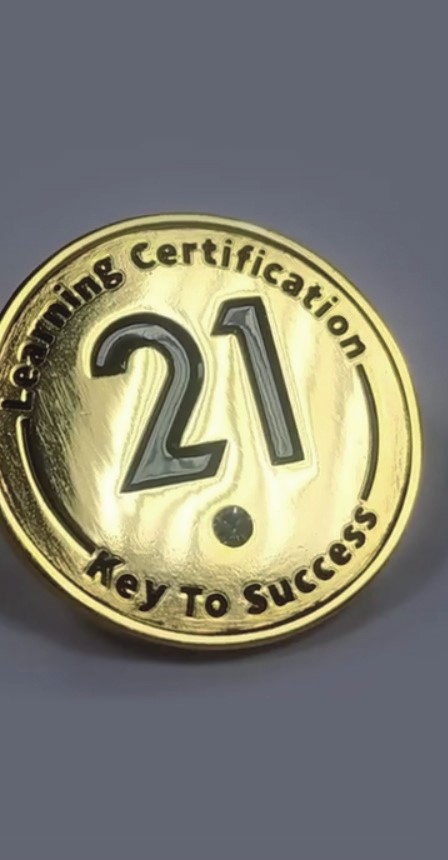
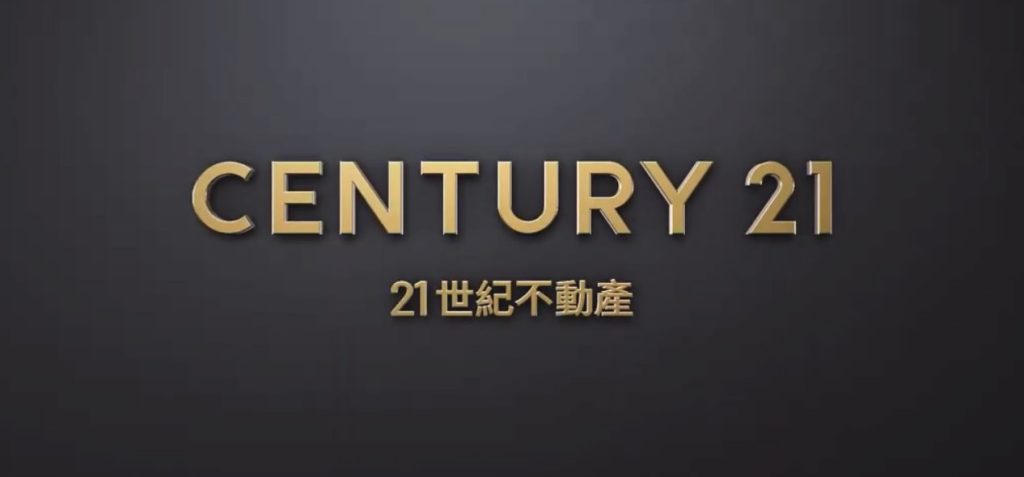
Marketing

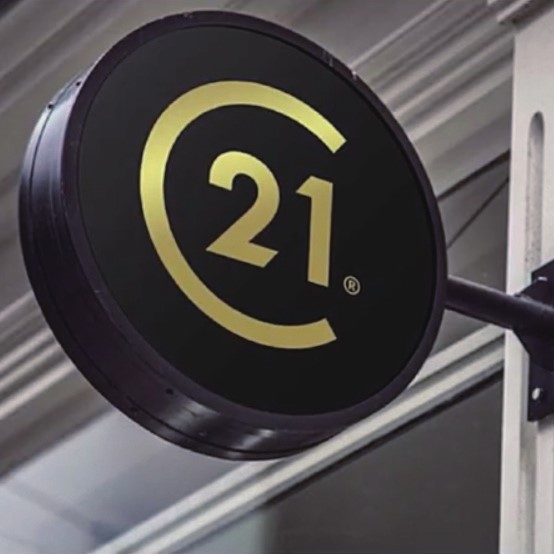


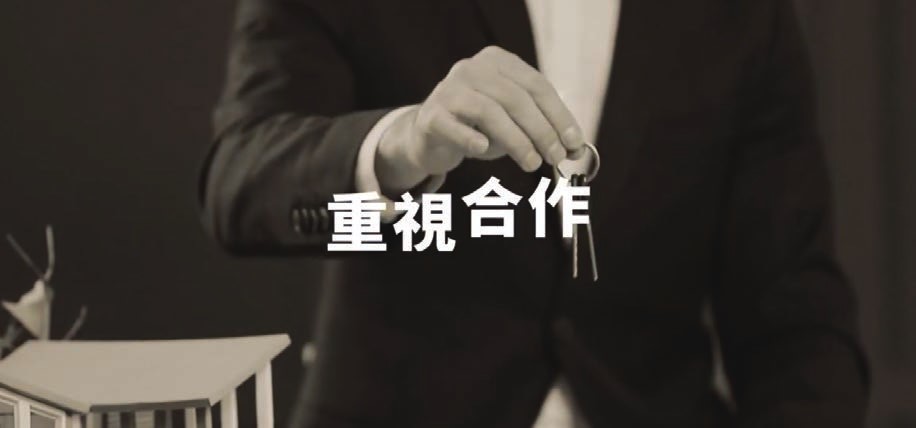

Resource
360-degree omnichannel marketing
Television and internet advertising
Extensive media coverage
Exquisite copywriting design
Creating a global leading real estate brand
Community interaction management
Promotion of popular events
Marketing assistance tools


Contact Us
Frequently
Asked
Questions
What types of contracts are there when buying property in Vietnam, and what should be noted for each?
When purchasing a pre-sale property from a developer in Vietnam, you will sign two types of contracts:
- Deposit Contract (hợp đồng đặt cọc): After selecting a property, the buyer must pay the first installment of the purchase price within 7-10 days. The developer will then notify the buyer to sign the deposit contract. This contract can be signed remotely; it can be mailed to the buyer overseas, signed, and then mailed back to the developer.
- Sale and Purchase Agreement (Hợp đồng mua bán) or Long-Term Lease Contract (Hợp Đồng cho thuê dài hạn):
- Sale and Purchase Agreement (SPA): This is the formal document proving property ownership in Vietnam. Usually, the developer will notify the buyer to sign this contract when the foundation work is complete. VAT of 10% starts being paid after signing this contract, and a 2% transaction tax is required upon selling.
- Long-Term Lease Contract (Hợp Đồng cho thuê dài hạn): Developers offer long-term leases (e.g., 50 years) to foreign investors. The advantage is that you avoid the 2% transaction tax and notary procedures. However, the lease lacks legal backing and does not grant a pink book. Risks include the possibility of the developer going bankrupt, and the property might be used as collateral or sold. To mitigate risks, consider purchasing from a reputable developer or shortening the lease term to 3-5 years.
How is the area of an apartment in Vietnam calculated?
In Vietnam, area is measured in square meters (㎡). When buying property in Vietnam, you will only purchase the actual usable area of the apartment. Common areas such as lobbies, gyms, public facilities, and stairwells are not included in the purchased area.
The calculation of the property’s area is divided into two types: actual indoor area and centerline area. The difference between these two measurements is usually between 6% and 10%. Developers will provide this information and include it in the contract at the time of purchase. It will also be recorded in the pink book (land use right certificate) when applying for it in the future.
- Actual Area: Also known as the “usable area,” this includes the space you actually use, such as indoor walls, balconies, living rooms, dining rooms, kitchens, and other internal living areas.
- Centerline Area: This includes the area up to the center of walls shared with neighboring units. It is commonly referred to as the “centerline” area.
What taxes need to be paid when buying and selling property in Vietnam?
Legal Methods for Fund Transfer into Vietnam:
- When Buying Property:
- Value-Added Tax (VAT): 10%. In Vietnam, VAT is required for all transactions where an invoice is issued. When buying from a developer, you need to pay 10% VAT. If purchasing a second-hand property, and the previous owner has already paid it, no additional VAT is required.
- Building Maintenance Fund: 2%. This is paid upon notification of handover and is used for future maintenance of the building’s public facilities. For second-hand properties where handover has already occurred, this fee is not required.
- During Ownership:
- Rental Income Tax: 10% (comprising 5% VAT and 5% personal income tax). In practice, it is uncommon for landlords to pay rental taxes.
- When Selling Property:
- Transaction Tax:
- 2% if handled personally, based on the notarized sale price.
- 4% if handled by a representative, based on the notarized sale price.
- Transaction Tax:
Legal Methods for Fund Transfer out of Vietnam:
- Rental Income: To transfer rental income abroad, provide the bank with the rental agreement (notarized), proof of tax payment, and passport.
- Funds from Selling Property: Provide the bank with proof of legal home purchase funds, bank transfer records for buying and selling transactions, notarized sale agreement, proof of tax payment, and copies of passports from both parties involved in the sale.
- When Buying Property:
How do you transfer funds for buying and selling real estate in Vietnam?
Legal Methods for Fund Transfer into Vietnam:
- Transfer funds from a foreign personal account to a personal account in Vietnam.
- Carry cash with a customs declaration form. Note that foreigners are only allowed to bring in or out $5,000 USD. If carrying more than $5,000 USD, it must be declared to customs upon entry.
- Transfer salary income that has already been taxed in Vietnam.
Legal Methods for Fund Transfer out of Vietnam:
- Rental income from leased properties: To transfer rental income abroad, provide the bank with the rental agreement (notarized), proof of tax payment, and passport.
- Funds from selling a property: Provide proof of legal home purchase funds, bank transfer records for buying and selling transactions, notarized sale agreement, proof of tax payment, and copies of passports from both parties involved in the sale to the bank for transferring funds abroad.
Can you get a bank loan to buy real estate in Vietnam?
Yes, you can get a bank loan, but Vietnam has high deposit interest rates. In 2021, deposit interest rates in Vietnam ranged from 5-7%, while bank loan rates were about 8-10%. It is advisable to consult a specialist before planning a loan.
For foreigners, the loan approval process in Vietnam is strict. To be eligible, you need to meet the following conditions or provide proof of repayment ability:
- A temporary residence certificate in Vietnam (and the loan term is based on the validity of this certificate).
- Legal income reported in Vietnam.
- The property must have a pink book (land use right certificate).
Are there any quota restrictions on the number of properties that can be owned by foreigners in Vietnam?
There are indeed quota restrictions. The limits vary depending on the type of property (if married to a Vietnamese citizen, these restrictions do not apply).
- Apartment Buildings: Each project has a 30% limit. For example, if there are 100 apartments in a project, only 30 can be owned by foreigners.
- Townhouses: Each project has a 10% limit, and the total number of townhouses foreigners can own in each ward cannot exceed 250. For instance, if there are 3,000 townhouses, only 250 can be owned by foreigners.
Due to varying interpretations of the law by different developers, not all projects may allow foreigners to buy property, or if they do, the contract might be a long-term lease rather than a purchase agreement. Investors should thoroughly understand the regulations before investing to protect their rights.
Is property ownership in Vietnam permanent? What are the differences between buying property for foreigners and Vietnamese?
Foreigners can hold property in Vietnam for up to 50 years, with the option to apply for a one-time extension of another 50 years. (If married to a Vietnamese citizen, they can obtain permanent ownership of the property.) Once a foreigner sells the property to a Vietnamese person, the ownership becomes permanent, and the property cannot be resold to foreigners.
What documents are needed to buy property in Vietnam?
According to the new Housing Law, foreigners only need to have a valid entry visa and passport to buy real estate in Vietnam.
What types of real estate are included in the open categories for foreigners?
Foreigners can only purchase apartments and townhouses in Vietnam; they cannot buy land or old city area townhouses.
Can foreigners buy real estate in Vietnam?
Yes, starting from July 1, 2015, Vietnam implemented a new Housing Law that allows foreigners who meet entry requirements to purchase certain types of real estate in Vietnam.
